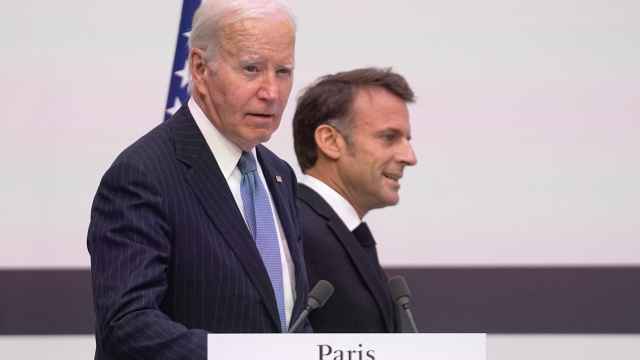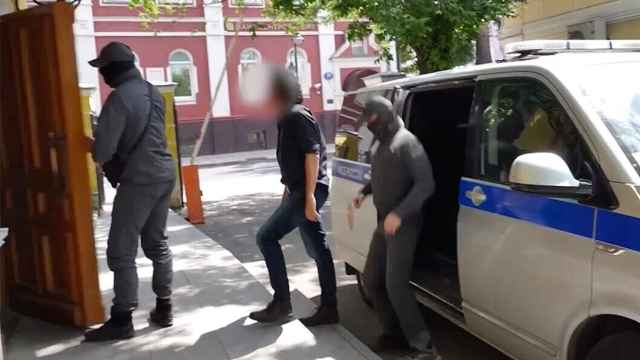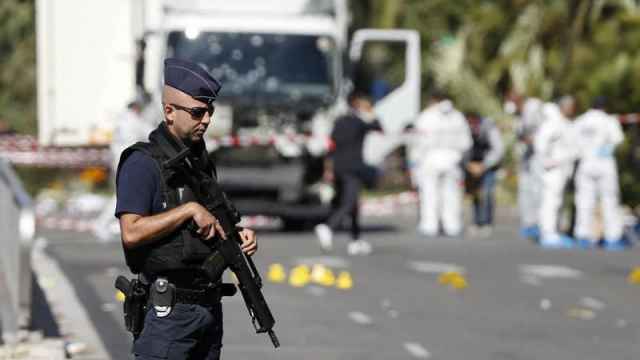The panic that gripped France last fall over the alleged spread of bed bugs was amplified by disinformation on social media accounts linked to the Russian state, a French minister said Friday.
The comments by Europe Minister Jean-Noel Barrot followed growing warnings from France about the dangers of Russian disinformation, particularly that which is aimed at undermining support for Ukraine in defense against Moscow's full-scale invasion.
"The issue of bedbugs was artificially amplified on social networks by accounts that have been established to be of Russian inspiration or origin," Barrot told TF1 television.
"It was very largely amplified by accounts linked to the Kremlin," he added.
Media had previously reported that French intelligence services concluded there was a link between Russia and the bedbug panic, but this is the first time a French minister has confirmed it in public.
Barrot said the social media accounts had even created a "false link between the arrival of Ukrainian refugees and the spread of the bedbugs."
In October, France closed several schools over what was thought to be an infestation of bedbugs, and the government held a series of emergency meetings.
The blood-sucking insects were reportedly spotted in the Paris metro, high-speed TGV trains and at Paris's Charles De Gaulle Airport.
Authorities became increasingly concerned over what they considered an unfounded panic that grabbed headlines around the world ahead of the 2024 Paris Olympics.
Barrot pointed to other such campaigns such as the appearance of anti-Semitic graffiti in Paris and other cities, as well as a fake news report that falsely claimed French President Emmanuel Macron had postponed a trip to Ukraine for security reasons.
In 2021, Macron created a new agency called Viginum, which is mandated to detect digital disinformation campaigns.
Viginum said last month it had identified a network called "Portal Kombat," which consists of dozens of Russian-origin websites aimed at destabilizing public opinion in France and Europe.
A Message from The Moscow Times:
Dear readers,
We are facing unprecedented challenges. Russia's Prosecutor General's Office has designated The Moscow Times as an "undesirable" organization, criminalizing our work and putting our staff at risk of prosecution. This follows our earlier unjust labeling as a "foreign agent."
These actions are direct attempts to silence independent journalism in Russia. The authorities claim our work "discredits the decisions of the Russian leadership." We see things differently: we strive to provide accurate, unbiased reporting on Russia.
We, the journalists of The Moscow Times, refuse to be silenced. But to continue our work, we need your help.
Your support, no matter how small, makes a world of difference. If you can, please support us monthly starting from just $2. It's quick to set up, and every contribution makes a significant impact.
By supporting The Moscow Times, you're defending open, independent journalism in the face of repression. Thank you for standing with us.
Remind me later.






